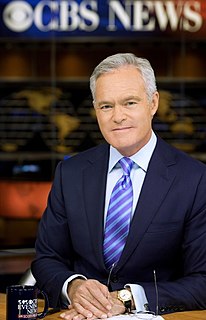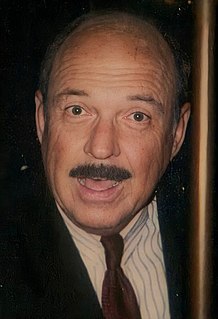A Quote by Lily Allen
I don't really like the way that journalism works in the UK anyway; it's all about getting the most shocking thing out of somebody and kind of twisting people's words, which isn't really journalism, as far as I'm concerned.
Related Quotes
Anyone who does investigative journalism is not in it for the money. Investigative journalism by nature is the most work intensive kind of journalism you can take on. That's why you see less and less investigative journalism at newspapers and magazines. No matter what you're paid for it, you put in so many man-hours it's one of the least lucrative aspects of journalism you can take on.
I finished high school and studied at the University of Nebraska in the school of journalism, which really turned me onto journalism. I never finished, but the very little that I did learn in two-and-a-half-years prepared me for a career in legitimate journalism, which included WWE, AWA, WCW, and everything in-between.
This is a very proud moment for journalism. I think The New York Times and The Washington Post are genuine champions in this moment. The role that they are playing in democracy is the role that you hear about journalism playing in civics classes. Other people are doing great work, but the Times and the Post have really been leaders. The public is watching, and they are hungry. They know something is wrong, there's a lot of anxiety out there. There's a real sense that the mission of journalism is very clear.
From about ninth grade on, I knew I was a writer at heart. I had fantasies of being a great novelist, but I thought that seemed like an iffy way to try to make a living. So I tried journalism while in college, and really liked it. But even in journalism, I've always pursued ways to be somewhat literary, whether writing a column or writing books.
Every journalism bromide - speaking truth to power, comforting the afflicted, afflicting the powerful - that otherwise would be hopelessly sappy to a journalist of any experience, has become a Twitter grail. The true business of journalism has become obscured because there is really no longer a journalism business.




































